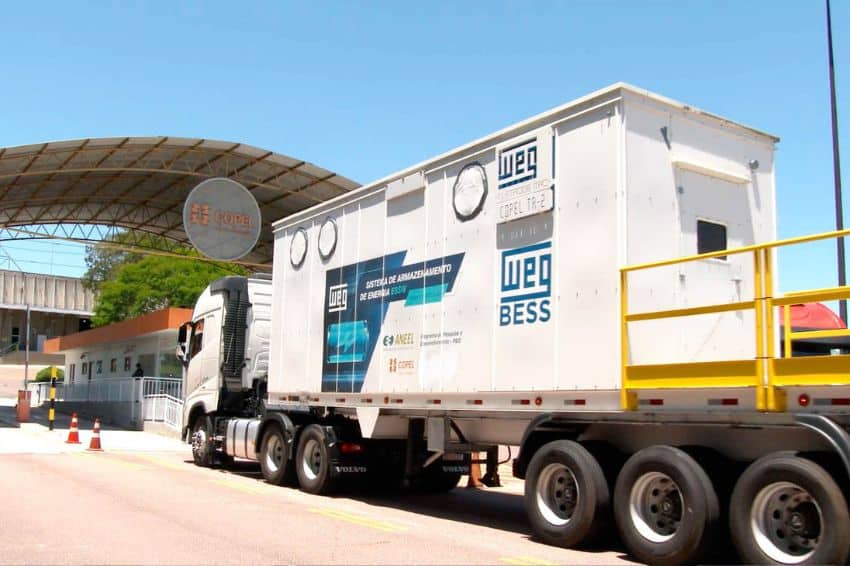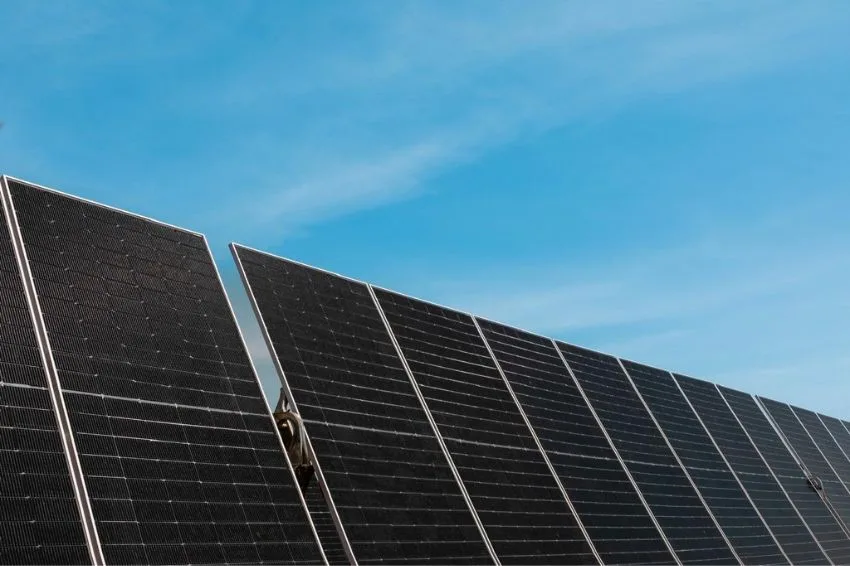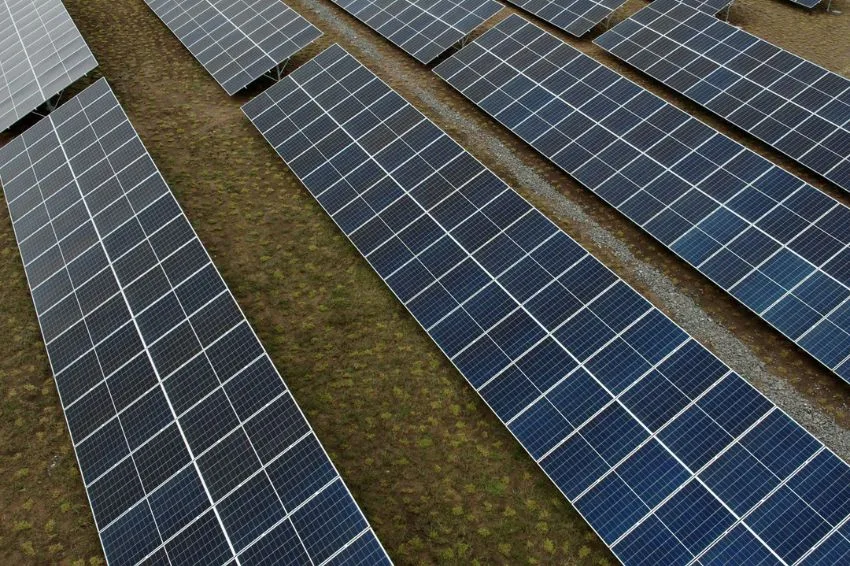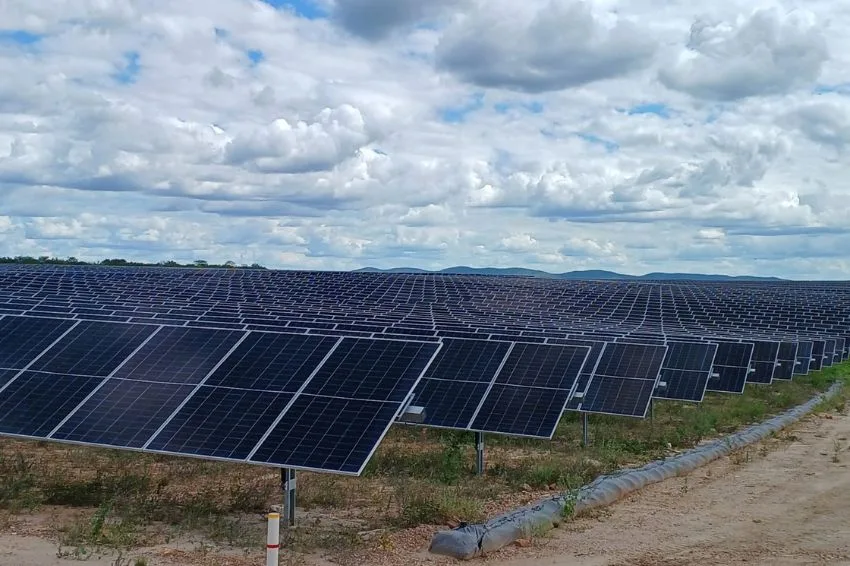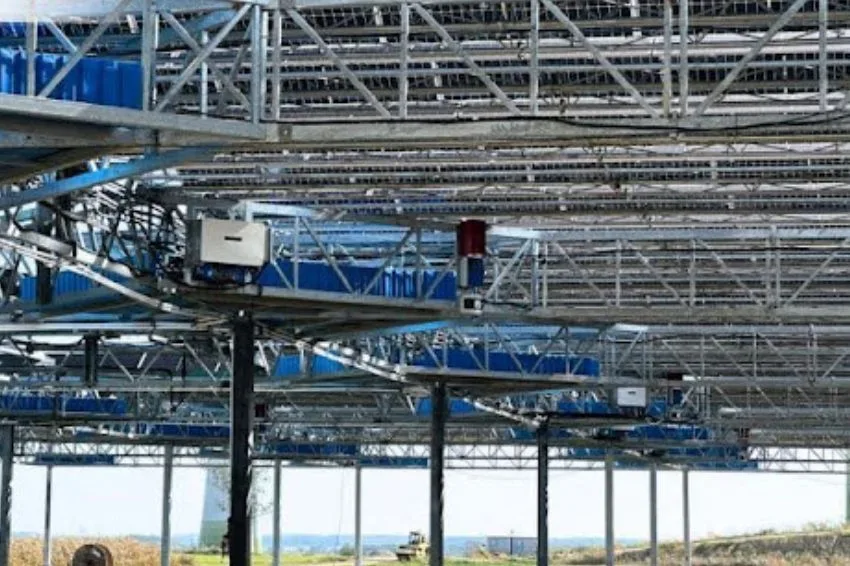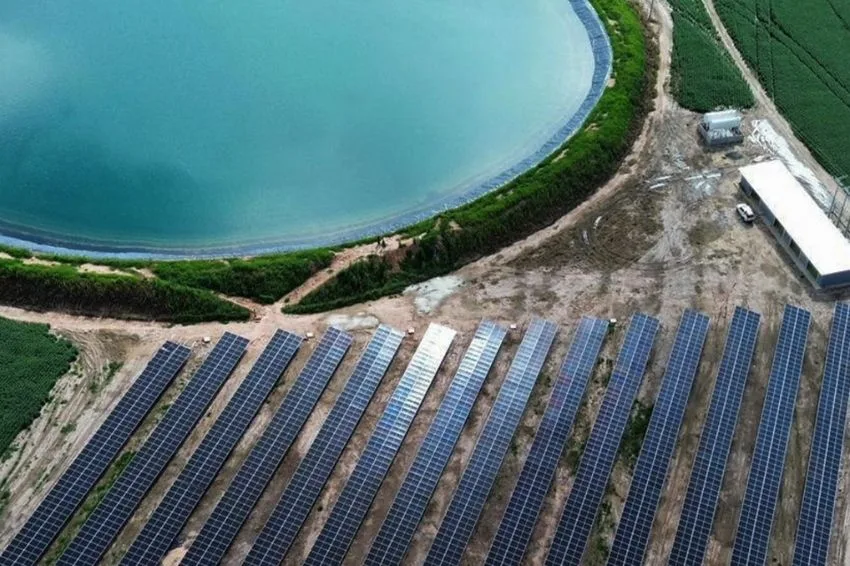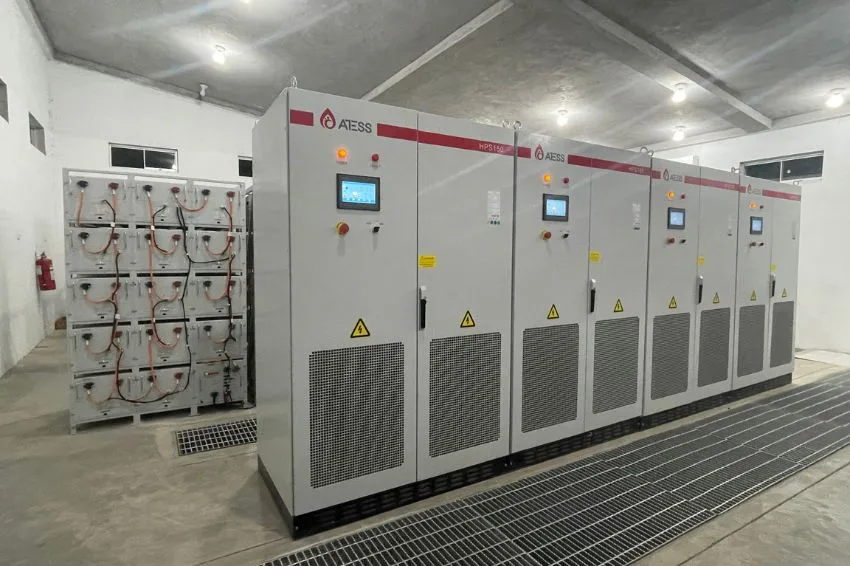Copel will put into operation a large mobile energy storage system to guarantee the energy supply in critical situations.
With 1 MW of installed power, the structure is formed by a set of batteries it is a transformer, installed on two trailers that can be moved to serve any city in the state of Paraná.
The initiative is part of a R&D project (Research and Development) of ANEEL (National Electric Energy Agency) whose purpose is to test the operation of four large storage systems in different regions of the state. O investment is R$ 34.6 million in the solutions.
According to Copel, the mobile system, which is being tested in Curitiba, has 1.4 MWh of stored energy, enough to supply energy for a month to 10 thousand homes that consume 100 kWh per month.
“Energy storage systems are still a novelty when we talk about large-scale generation and consumption”, highlights Júlio Omori, superintendent of Smart Grid and Special Projects at Copel.
Tests in 2024
In addition to the transportable batteries, the project includes the installation of three other storage systems, which will be tested by Copel next year. Each system will have a different application, which will allow the company to analyze its application in a different scenario.
In the village of Faxinal do Céu, in the center of the state, a set of batteries with 250 kW capacity and 860 kWh of stored energy will be installed next to a 200 kWp photovoltaic system.
One of the objectives is to evaluate the functioning of batteries in conjunction with a generation system, allowing the possibility of assisting Copel's network and even operating completely isolated.
In Ipiranga, in the Center-South, the company will install two storage systems. With 250 kW of capacity and 1,505 kWh of energy installed, one of them is made up of lithium batteries.
The other uses flow batteries with 250 kW of power and 1,200 kWh of stored energy. The objective is to compare the performance of the two systems.
On Ilha das Cobras, on the Coast, another storage system is being installed, with 75 kW of power and 430 kWh of stored energy. Connected to a 31 kWp photovoltaic solar plant, the structure will guarantee the supply of sustainable energy to a gastronomy and hotel school that the State government will put into operation on the site.
The photovoltaic system was the most sustainable solution found to supply energy to the site. In turn, batteries guarantee energy availability even on rainy days, when there is no solar energy production.
“We will test the use of storage systems under different conditions. There are different technologies used, in different environments, but with the same objective, using batteries to increase the reliability of energy supply, especially in situations where consumers need it most”, summarizes Omori.


